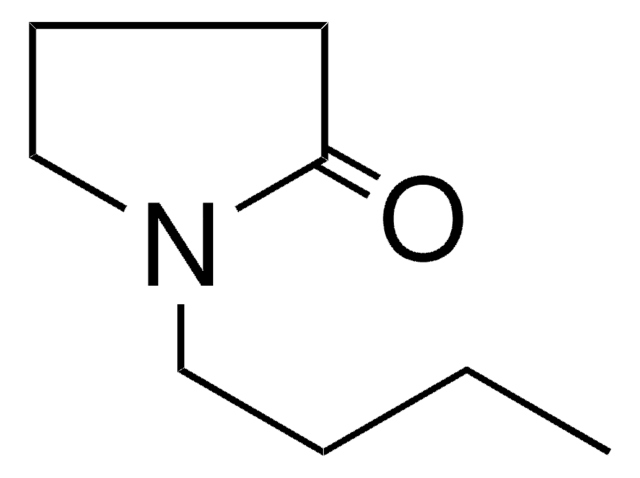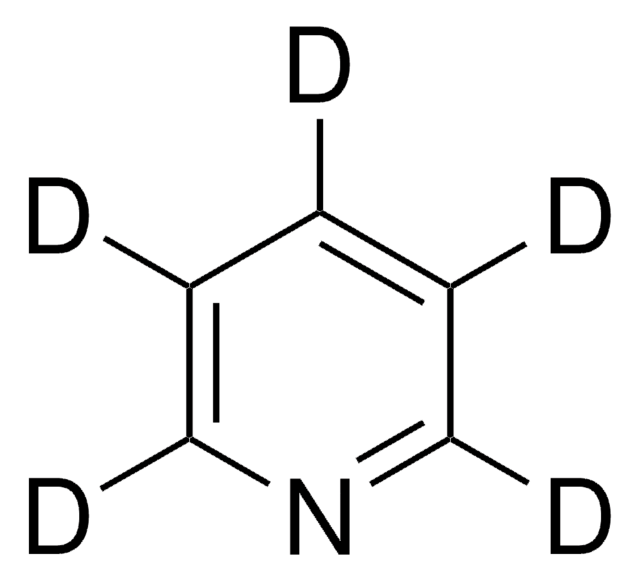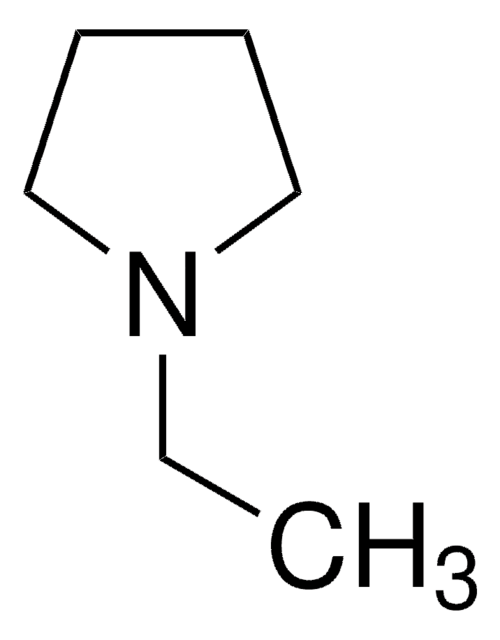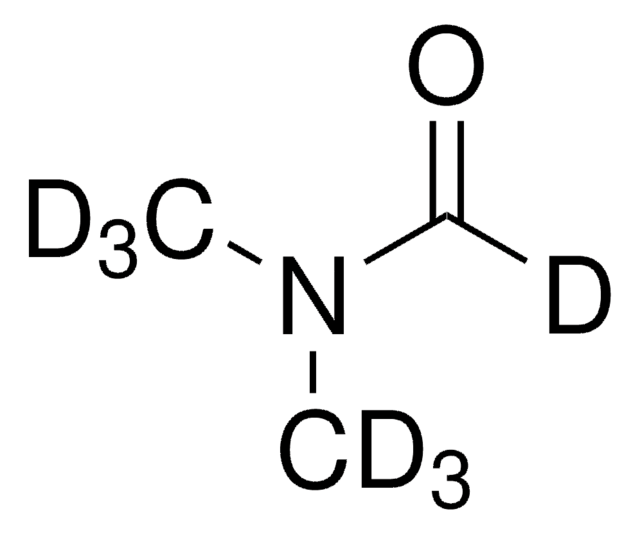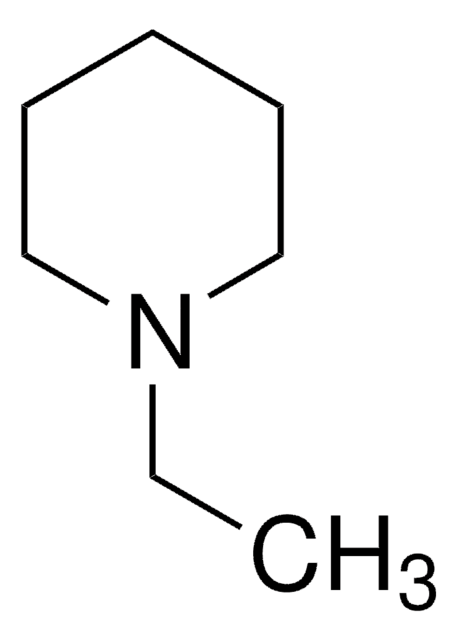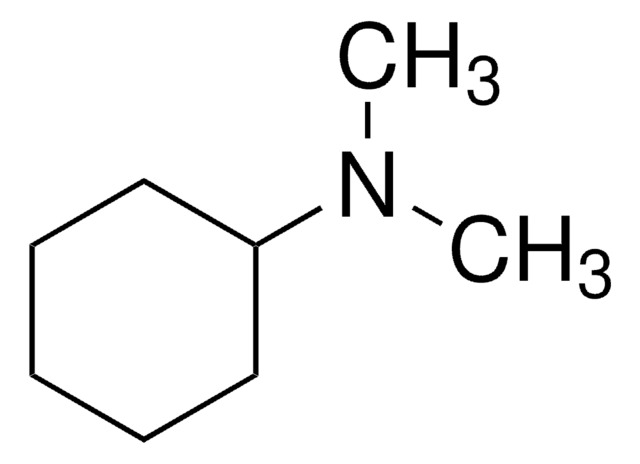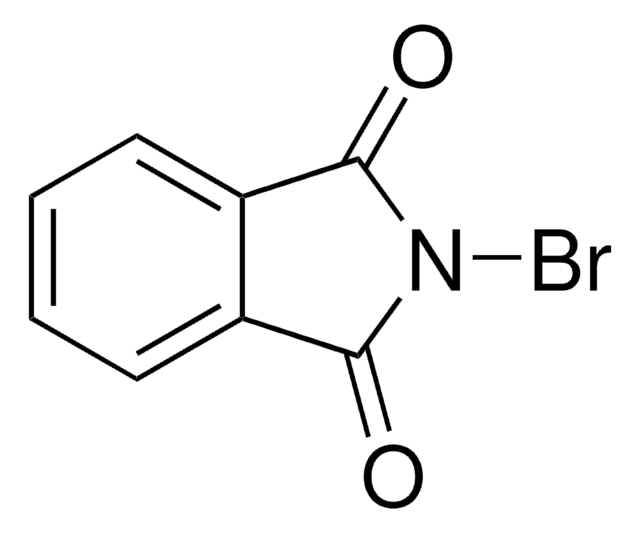Select a Size
Select a Size
About This Item
Recommended Products
Quality Level
Assay
98%
form
liquid
refractive index
n20/D 1.44 (lit.)
bp
155-157 °C/754 mmHg (lit.)
density
0.814 g/mL at 25 °C (lit.)
SMILES string
CCCCN1CCCC1
InChI
1S/C8H17N/c1-2-3-6-9-7-4-5-8-9/h2-8H2,1H3
InChI key
JSHASCFKOSDFHY-UHFFFAOYSA-N
Related Categories
Signal Word
Danger
Hazard Statements
Precautionary Statements
Hazard Classifications
Acute Tox. 3 Dermal - Acute Tox. 3 Oral - Flam. Liq. 3
Storage Class Code
3 - Flammable liquids
WGK
WGK 2
Flash Point(F)
96.8 °F - closed cup
Flash Point(C)
36 °C - closed cup
Personal Protective Equipment
Choose from one of the most recent versions:
Already Own This Product?
Find documentation for the products that you have recently purchased in the Document Library.
Customers Also Viewed
Our team of scientists has experience in all areas of research including Life Science, Material Science, Chemical Synthesis, Chromatography, Analytical and many others.
Contact Technical Service